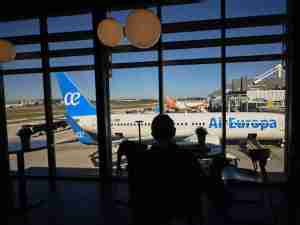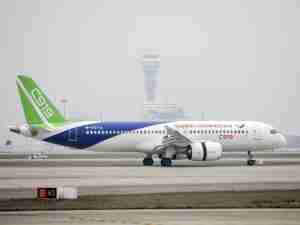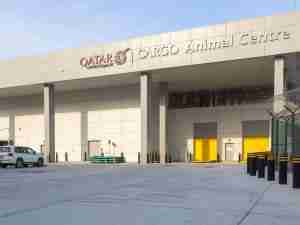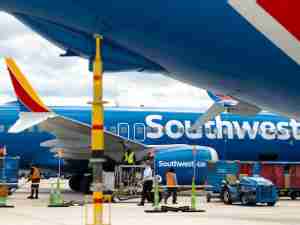EasyJet Plc said it will rein in summer capacity after London Gatwick and Amsterdam Schiphol airports, its two biggest bases, capped flights to help cope with a staffing shortage. The measure is set to push up costs.
The UK discount carrier will now operate at around 87% of pre-Covid capacity in the three months ending June 30, increasing to about 90% for its fiscal fourth quarter through September, according to a statement Monday.
The revised figures are down from 90% and 97% respectively, Bernstein analyst Alex Irving said in a note, adding that the company could suffer an earnings hit of between £100 million and £200 million ($122 million-$245 million) for the year.
EasyJet will continue to “fine tune” its schedule to cope with disruptions, Chief Executive Officer Johan Lundgren said during a call with reporters. Lundgren added that he didn’t expect the changes to affect fares and the delivery schedule for new Airbus SE planes will also remain intact.
EasyJet executives declined to offer specific estimates on the call with reporters.
Costs per available seat kilometer will increase beyond previous guidance as a result of the measures, EasyJet said. It said the capacity and cost impacts should be a one-off this summer “as we would expect all parties to build greater resilience in time for 2023 peak periods.”
Airlines and airports across Europe have seen hours-long queues and last-minute cancellations as they struggle to build up staffing numbers after workforces were slashed at the height of the coronavirus pandemic. The Gatwick and Schiphol hubs said last week they would cap flights and instruct carriers to slim down their timetables in order to better cope with the squeeze. Brussels canceled all outgoing flights on Monday due to a national strike.
Lungren said that while hiring has been hampered by Brexit, the airline has 129 trained cabin crews it is unable to deploy because they are awaiting clearances.
EasyJet said it should be able to rebook most customers affected by the timetable changes onto alternative flights. Demand remains strong, it said, with 86% of tickets sold for the third quarter and 48% for the fourth—similar to the same time in 2019—with ticket yields up about 14%.
Rival discount airline Ryanair Holdings Plc said Monday it would offer as many as 200 flights from 19 UK airports for travelers whose flights had been canceled.
Shares of EasyJet dropped as much as 3% in early London trading.











